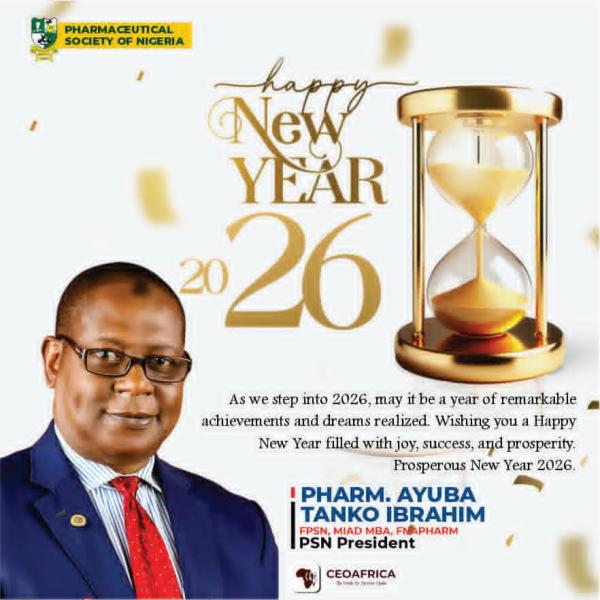
INEC's Chairman; Attahiru Jega
The Independent National Electoral Commission (INEC) yesterday listed 68.8 million people as eligible to vote in next month’s general elections.
The presidential and national assembly elections will hold on February 14 to be followed by the governorship and state assemblies’ elections on February 28.
The number of voters is about five million less than the 2011 figures of 73.5million. About 30.8 million Permanent Voter Cards (PVCs) are yet to be collected. They can still be picked up till end of the month, INEC said.
Chairman of the Commission, Prof. Attahiru Jega, spoke yesterday as the agency unfolded the statistics for the elections.
The presentation was done by INEC Director of Information Communication Technology (ICT), Mr. Chidi Nwafor.
Jega said: “in line with provisions of the law, the Commission has just announced the publication of the register of voters that will be used for the February 2015 general elections. The total number of voters registered for the elections is 68,833,476.”
Jega explained that the register was cleaned up to prepare for the production of PVCs and to eliminate ghost voters.
Political parties are expected to collect the register today.
Jega said INEC had collected all the cash it proposed to spend for the elections.
Besides, he said the commission had taken custody of 130,000 card readers to be used for the elections. They have been distributed; adding that the remaining would be brought in before month end.
He said: “Contrary to doubts being peddled by some persons, INEC will use card readers for the 2015 election. The Commission has already taken delivery of more than 130,000 units of these card readers and we are on schedule to receive the remaining quantity before the end of January. Deployment of the card readers to states has commenced.”
With the card readers, Jega said the commission would be able to tackle electoral fraud as the technology would greatly eliminate impersonation and other forms of electoral fraud.
Jega foreclosed the possibility of using the temporary voter cards for the election. Only the PVCs would be used.
Speaking of the PVCs, Jega said: “As we have already made public, more than 38million PVCs have been collected by duly registered voters across the country. But that leaves many PVCS yet to be collected.
” To address this challenge, we have directed RECS to further decentralise distribution to the Ward level. We have also extended the time for distribution, which is now 8:30a.m to 5:30p.m, Mondays to Saturdays. Our staff will strictly comply with the announced hours of distribution. “Failure by any of our staff to comply with the schedule can be promptly reported at the Local Government and State offices of the Commission, as well as the National Headquarters through the INEC Citizens Contact Centre (ICCC).”
On the issue of funding, Jega said “the commission is happy to say that it has received from the government all the funds required to conduct the general elections. We can say, in effect, that funding is no longer a challenge to the forthcoming elections.”
Speaking on the efforts to ensure that Internally Displaced Persons (IDPs) vote, Jega said “the Commission is finalising arrangements to enable IDPs to vote. On Tuesday, we will be having a meeting with stakeholders to present our plans and get their input, as well as buy-in.”
INEC has also released Candidates’ list for February 14th National elections following nominations made by political parties and as required by law.
For the presidential election, there are 14 candidates duly nominated by political parties. For the Senatorial elections, there are 739 candidates and for the House of Representatives election, there are 1,780 candidates.
The list of nominated candidates for state elections (i.e. Governorship and Houses of Assembly) will be published on January 27.






















